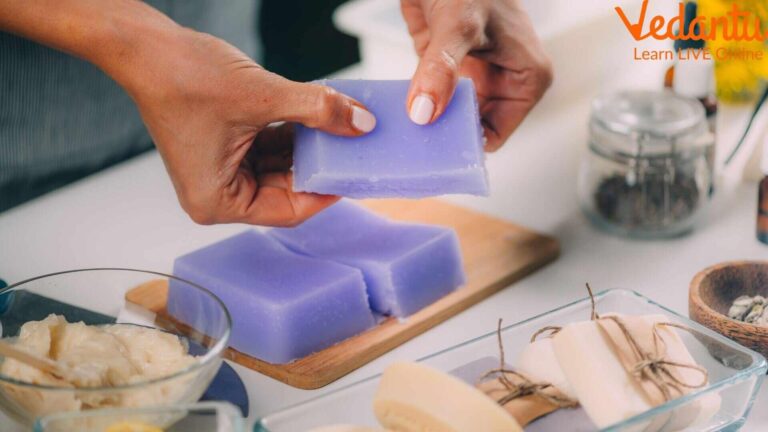Understanding Soap-Making
Soap-making is not just a craft; it is a vital skill that promotes hygiene and economic empowerment. This age-old practice enables individuals to create their own soap, ensuring access to cleanliness and personal care products.
The Importance of Hygiene
Hygiene plays a fundamental role in public health and disease prevention. By providing communities with the means to produce soap, we can significantly reduce the incidence of illness and promote overall health.
Economic Benefits
Soap-making offers an opportunity for entrepreneurship and economic independence. Individuals, especially women, can start small businesses by selling handmade soap, thereby boosting local economies.
Training and Skill Development
Education and training in soap-making techniques are essential for success. By providing workshops and resources, communities can empower individuals to harness their creativity and entrepreneurial spirit.
Community Impact
Soap-making can foster community spirit and collaboration. When people come together to learn and share resources, they not only improve their immediate environment but also build lasting relationships.
Global Initiatives
There are numerous organizations dedicated to promoting hygiene and economic empowerment through soap-making. For example, the Borgen Project emphasizes the connection between hygiene practices and economic stability in developing countries.
Conclusion
Soap-making is a powerful tool for improving hygiene and fostering economic empowerment. By investing in soap-making initiatives, we can create healthier communities and promote sustainable economic growth.

